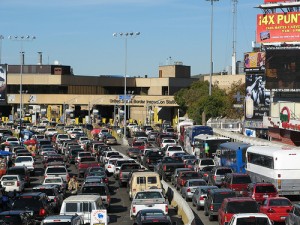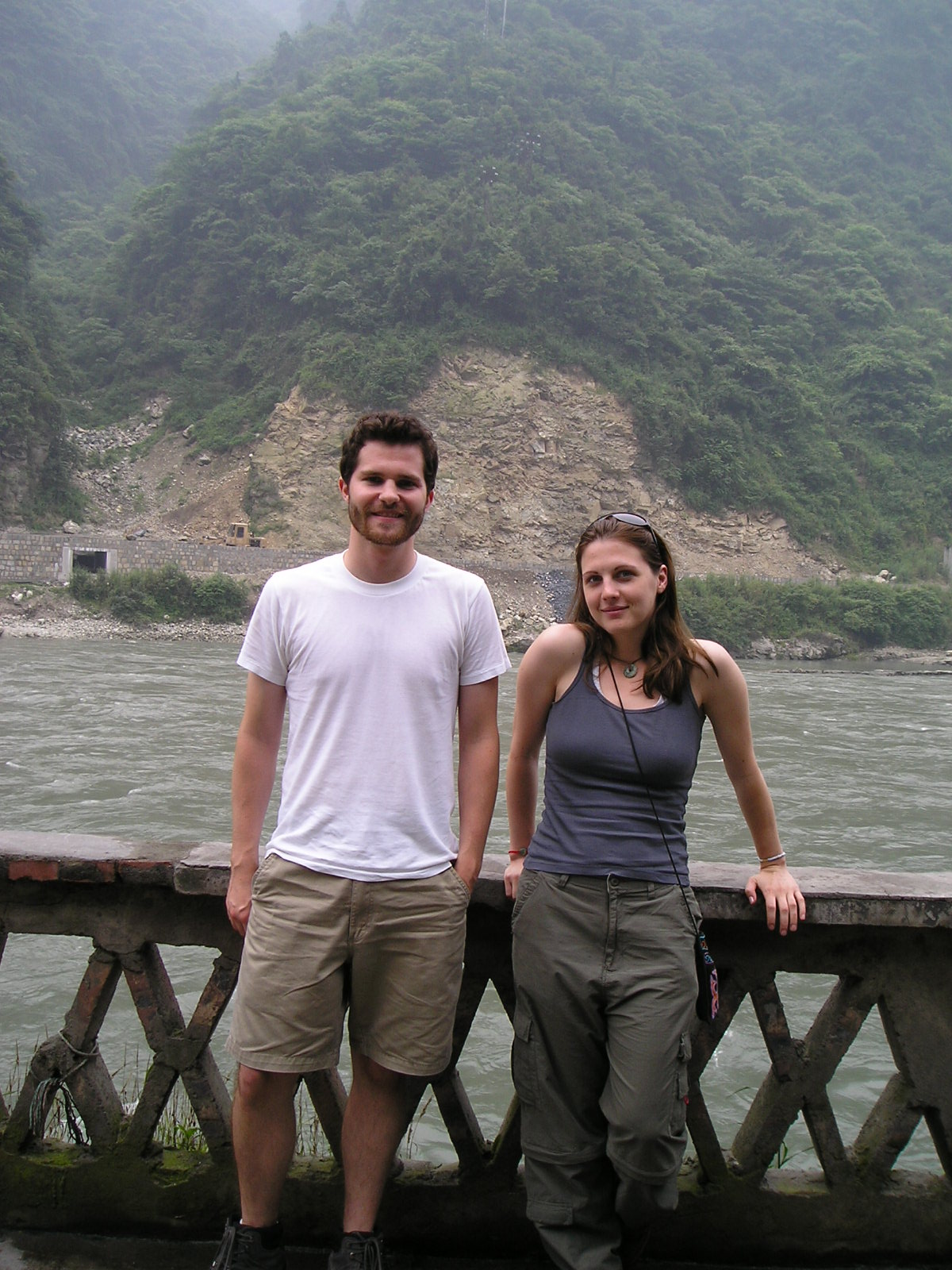Dear President Obama,
 In response to your recent town hall meeting, I have a question I’d like to pose to you as a concerned citizen. Why is Amtrak such a mess?
In response to your recent town hall meeting, I have a question I’d like to pose to you as a concerned citizen. Why is Amtrak such a mess?
I am an avid traveler. I have traveled extensively in countries across Asia and Europe. Our blog and route maps act as a testament to how far we have gone. We travel only by land, thus we experience the transportation networks of Asia and Europe, and the waterways of the Atlantic. While we have had some amazing adventures (and some misadventures) on international rail, I’m here to report, Mr. President, that the American rail network is one of the most pathetic, antiquated, and embarrassing systems I have ever encountered. Since I travel for a living, this is no small statement.
To solve the problem of why Amtrak is in such horrible disarray, we must take a step back form the problem at hand to assess the environment around it. America is so spread out that its citizens almost require a car to get from home to school or work. Since the citizens of the country live so far apart, and so far from necessities, having one’s own mode of transportation became imperative. Add to that the American sense of independence and you have a nation of people who ignored the rail network after the “west was won.” But ignoring the rail can no longer be afforded. Now is the time to fix it, and, as you have mentioned at tedium, your social programs are aiming to surpass your hero’s, President Roosevelt.
Inner city communities are being reclaimed across America and real-estate prices downtown are now surpassing the suburbs. Could it be that middle-class Americans actually want to dwell in America’s cities again? This would be a huge feat that owed thanks to many people. To complete the picture, however, these people need a way to get around inside the city without their cars. A way that is more convenient, not less so, than driving. We have bus networks in most major cities in America that at the least attempt to run hourly routes. Let me assure you, Mr. President, that buses in Shanghai, China run ever ten minutes making it the most convenient and least expensive way to get from home to work, or anywhere for that matter. Should that example displease you, consider the tram network in Sarajevo where anyone can get from anywhere in the city to another place simply using the city’s extensive tram and bus networks (and all for a VERY affordable price and with timely, rotating schedules). Do you consider those destinations third world? In terms of transportation they surpass us.
As an American hoping to get from Seattle, WA to Austin, TX I was left with few options. I could take an Amtrak train from Washington to Chicago, and then transfer to a southerly train or rent a car. The trip would take roughly a week. That same distance could be traveled in Russia in 2-3 days on the ground without renting a car. Where does that country fall on your “progress” scale?
As we lead the world in carbon emissions (no small feat since China seems to want to beat us on that score) your government could help by expanding the Amtrak network, making it more efficient and prioritizing it over the cargo trains that dominate the US tracks. Amtrak trains are the last priority on America’s rail network, and often spend hours waiting for cargo trains to leave the tracks before they can chug along lamely behind. And never mind that the Amtrak cars were designed to move cargo themselves, not humans. Having spent several days on Amtrak trains, I can testify that it is a trial no human should endure. The car in which I was seated to cross from Seattle to Milwaukee (a 40+ hour journey) had no heat in the middle of January, no functioning toilet, no electrical outlets, and a flickering light overhead. Does that remind anyone else of a cattle car? Trains in Mongolia have bunks stacked three high that are comfortable and clean, have hot running water, heat, electrical outlets and even food services passing through the cars. Riding Amtrak, I felt like a convicted felon (and indeed I was traveling with several recently released felons it turned out, since Amtrak attracts so little attention by our government it is often used to transport illegal items and questionable folks on questionable missions). The train in Mongolia, on comparison, was a Hyatt next to a Howard Johnson.
It was only after several accidents that the American trains were equipped with safety measures to protect the human cargo. Finally, why does the amazing experience of riding the rails cost nearly as much as a flight? Where is the money going? It certainly isn’t going into prioritizing passenger transport over cargo, or in the upkeep of the trains. The trains I rode in Uzbekistan were cleaner, more equipped and better staffed, and that country certainly isn’t on first world status in the US government’s opinion. So, where is the money going? Mr. President, your government wants accountability- account for why our transportation network is in such shambles that the only real option for a working adult to get across the nation is to fly- thus increasing carbon emissions, using precious fuel, bankrupting our citizens, and making holidays a nightmare? Why do third world nations have better transportation systems? Buying a car in America (and thus putting yourself further in debt) should not have to be a requirement to have a job, but in most cases there are no other options. This makes recent college graduates start off in debt, rather than ahead, and sets them up for financial failure; especially in this market. You have already bailed out the auto industry, how about helping out an industry that could actually revitalize transportation, help citizens who cant afford or don’t want to be burdened by a car? How about helping out the American rail network instead of the car companies that continue to squander government funding and then overcharge for poorly constructed machines? How about giving Amtrak a fighting chance?
Any responses you might have to my sincere questions, or any movement you could make in revamping the American rail system, would be greatly appreciated.
Sincerely,
ATC










